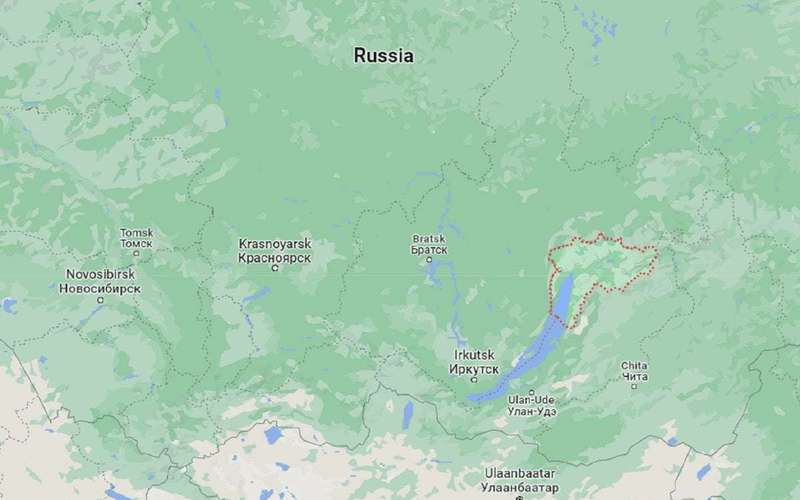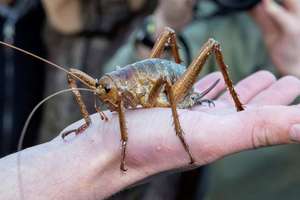The Russian economy could lose "billions of rubles" after a destroyed dam in the Siberian region of Buryatia caused a river to burst its banks and damage a key transit railway, according to a local Russian official.
A map showing the Severobaikalsk district of Russia's far east Buryatia region.
The Russian economy will lose "billions of rubles" after a destroyed dam in Buryatia caused a river to burst its banks and damage a key transit railway, according to a local Russian official.
The water appears to have affected the Baikal-Amur Main Line (BAM), a crucial transit railway cutting through Siberia.
Footage published on social media by independent Belarusian outlet NEXTA shows fast-flowing water through a damaged section of the bridge.
It is not clear from Tsydenov's statement which dam caused the flooding, or precisely when it broke.
The city of Ussuriysk and the town of Spassk-Dalny were two of the worst-affected areas, according to Russian state news agency, Tass. »



